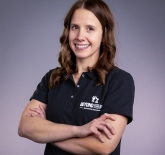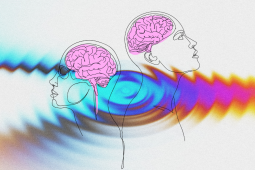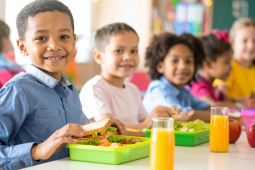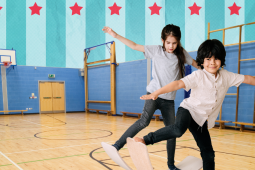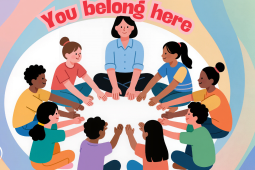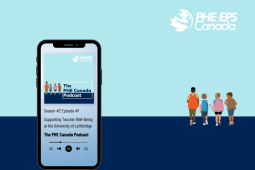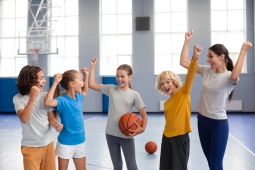Sport and Reconciliation in Physical & Health Education
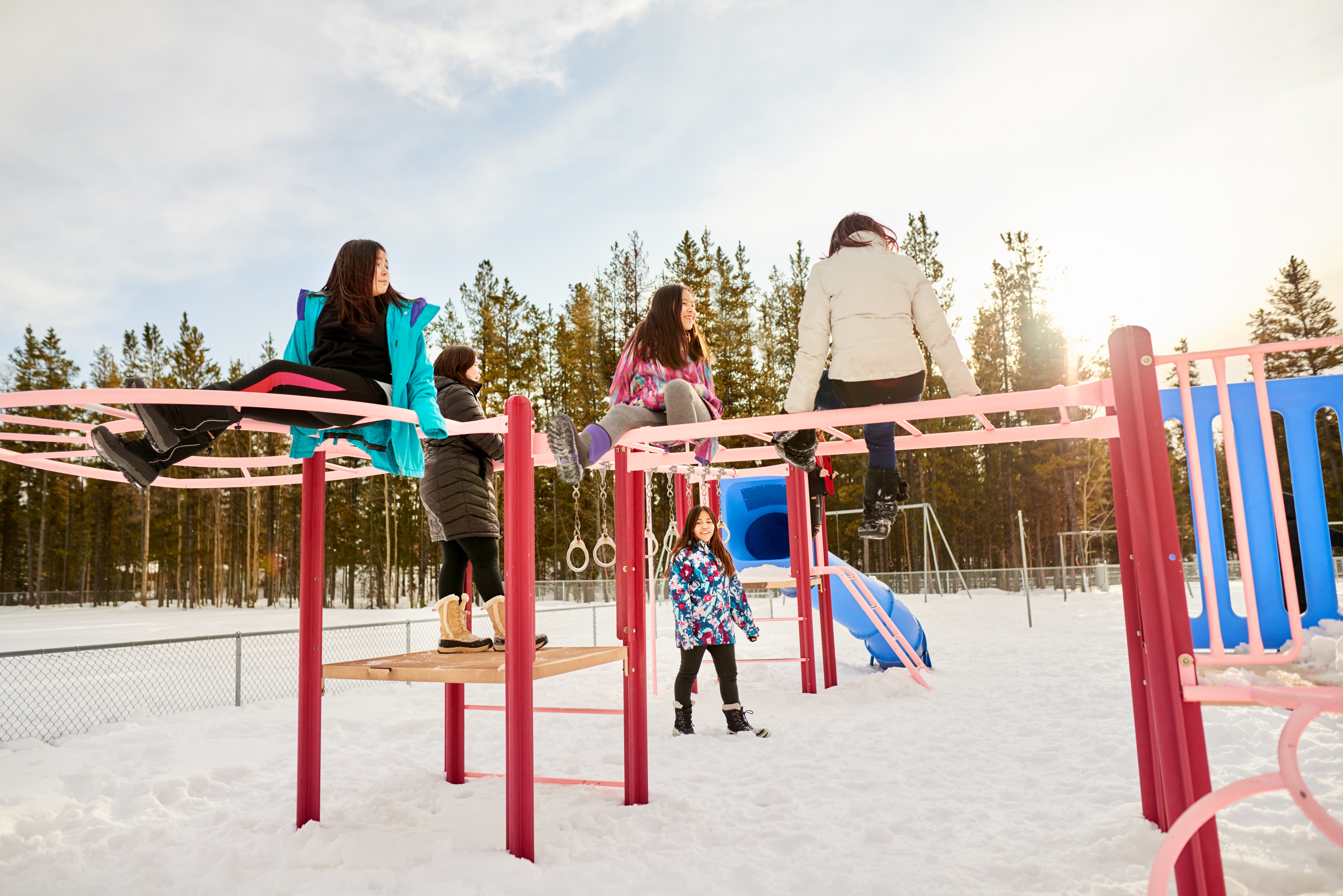
June is National Indigenous History Month (NIHM) in Canada, and so we wish to recognize the rich history, heritage, resilience, and diversity of First Nations, Inuit, and Métis Peoples. Efforts to acknowledge Indigenous histories are an important part of the Truth and Reconciliation process. Although June is a time dedicated to doing so, we encourage you to continue this beyond June. As we move forward in our Reconciliation journey, Canada’s Sports Hall of Fame (CSHoF) recognizes the importance of Indigenous Education in Canadian schools. This article highlights the significance of integrating Indigenous Education into your PHE classes to support Truth and Reconciliation. By providing you with resources and lesson plans, we aim to help you enrich your students' experiences, promote inclusivity, and honour Indigenous histories and cultures year-round.
Understanding the Importance of Indigenous Education
Indigenous Education is critical to support Truth and Reconciliation and to create understanding between Indigenous and non-Indigenous Peoples. It acknowledges historical injustices, such as the negative impacts of Residential Schools, and fosters understanding, empathy, and mutual respect. The Truth and Reconciliation Commission (TRC) was established to address these harmful impacts and continues to guide efforts toward Reconciliation.
Why Incorporate Indigenous Education into PHE?
Integrating Indigenous Education into PHE is a powerful way for you to contribute to Reconciliation. The TRC’s Call to Action #62 emphasizes the need for educators to include curricula and resources on Indigenous Peoples and the history and legacy of Residential Schools for youth from Kindergarten to Grade 12. By doing so, you can help strengthen intercultural understanding, empathy, and mutual respect.
The Role of Sport in Reconciliation
In alignment with the TRC’s Call to Action #87 – which encourages all levels of government, in collaboration with Indigenous peoples, sports halls of fame, and other relevant organizations, to provide public education that tells the national story of Indigenous athletes in history, CSHoF supports your PHE classes by providing resources such as the Indigenous Sport Heroes Education Experience, an initiative that shares the stories of Indigenous athletes and builders of sport inducted into CSHoF, showcasing their achievements and community impacts. By incorporating this content into your PHE classes, you can introduce students to Indigenous Ways of Knowing and Being, promote inclusivity, and foster cultural agility—being respectful, curious, and thoughtful. Sport can bridge cultural divides, offering a common ground where students learn about the resilience, skills, and contributions of Indigenous athletes. This not only enriches students’ understanding of sports but also highlights the broader cultural and historical contexts of Indigenous communities and their lived experiences.
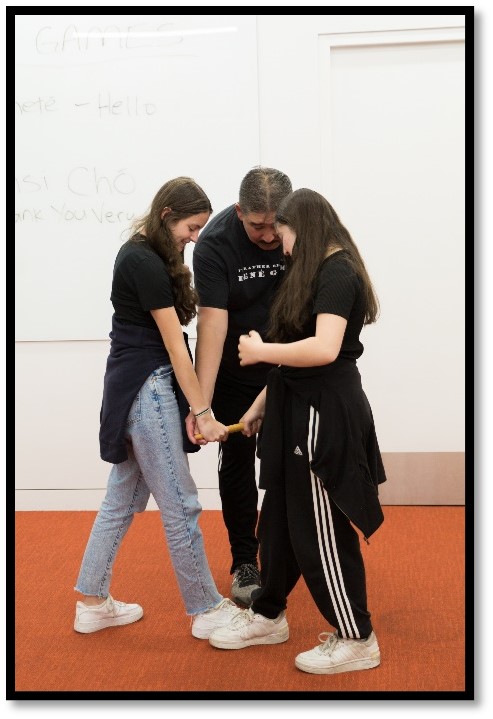
How to Incorporate Indigenous Education into PHE Through Sport
CSHoF is committed to showcasing the stories, lived experiences, and contributions of diverse Hall of Famers. As historic storytellers, we share the stories of sports that have shaped this country. To honour feedback from Indigenous sport leaders, and in alignment with the TRC’s Call to Action #87, the Indigenous Sport Heroes Education Experience was created. The development of this changemaker resource was led by Indigenous Hall of Famers and their families and was created in the spirit of collaboration with countless Indigenous, sport, and museum partners. This educational experience features lesson plans and interactivities that can be used as a springboard for you to integrate entry points to Indigenous perspectives into your classes. Check out this message from Indigenous Education consultant, Crystal Clark, who developed these resources.
Benefits of Teaching Indigenous Education in PHE
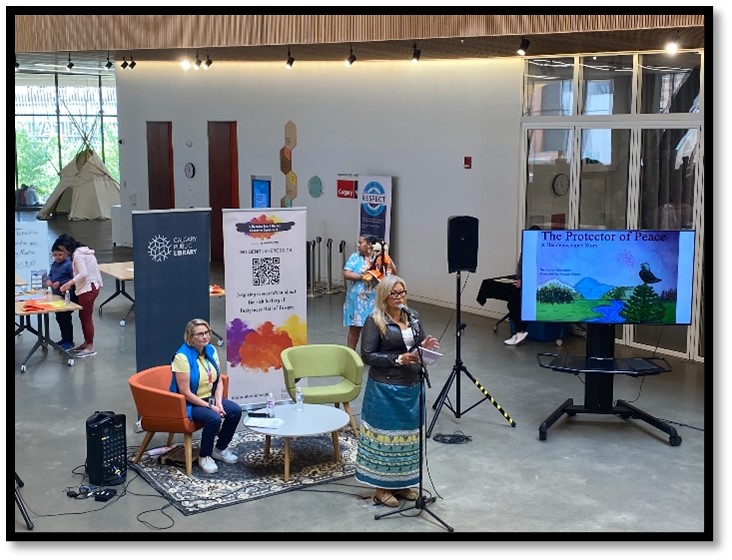
There are many benefits of sharing Indigenous perspectives in PHE. Order of Sport Recipient and Hall of Famer, Sharon Anne Firth highlights the importance of sharing Indigenous truths, experiences, and stories:
“It is really important that we share our stories with young people, Elders, and people across the country to know that they can have a glimmer of hope in themselves. Knowing that we went through a lot of ups and downs, and we survived Indian Day school, Residential School - we will always survive.”
- Diverse Physical Activities: Students explore various forms of movement, fostering creativity, and innovation. When students engage in quality and culturally affirming learning, it strengthens both Indigenous and non-Indigenous students, forging new pathways for mutual understanding and collaboration (Davis et al., 2023).
- Holistic Health Approaches: Indigenous Education emphasizes holistic approaches to health and being well, encompassing physical, mental, emotional, cultural, and spiritual aspects. By integrating these perspectives into Physical and Health Education, students learn to view health more comprehensively and interconnectedly.
- Fulfilling Teaching Quality Standards: Many teaching frameworks and curricula expectations throughout the country, such as Alberta Teaching Quality Standard # 5, require you to develop and apply foundational knowledge about First Nations, Inuit, and Métis communities. This integration benefits all students by enhancing their achievement and wellness through increased knowledge and awareness of Indigenous histories, cultures, perspectives, and contributions.
- Representation Matters: Learning from Indigenous role models, such as Elders, storytellers, artists, and Hall of Famers, serves as a powerful source of inspiration and motivation for students. The Canadian Physical and Health Education Competencies emphasize the importance of incorporating Indigenous perspectives, which blend history and storytelling into physical education, thereby enriching your teaching practices (Nesdoly et al., 2021). This approach allows all students to participate in learning experiences that authentically reflect and celebrate the strength and diversity of First Nations, Inuit, and Métis communities (pg. 6, Alberta Education, 2023).
Moving Forward
Integrating Indigenous Education into PHE enriches students' learning experiences and fosters a more inclusive society. By embracing these resources, you can play a vital role in the Truth and Reconciliation process, ensuring that Indigenous histories, cultures, and perspectives are celebrated. This benefits all students, promoting a comprehensive understanding of health, being well, and diversity.
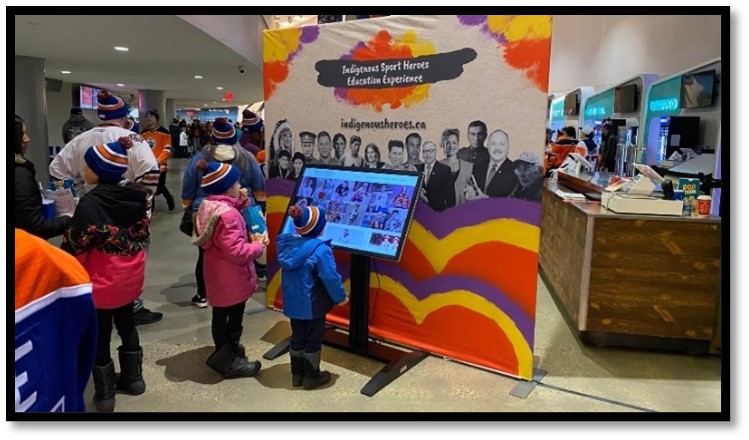
So, are you ready to bring Indigenous Education into your classroom? Visit Indigenous Sport Heroes Education Experience today to explore the stories of Indigenous athletes and unlock the transformative power of sport and Reconciliation in your classroom.
To access more Indigenous Education resources by the CSHoF, click on the titles below:
Storytelling Series: Celebrating Indigenous Sport Heroes
To further amplify the stories of Indigenous Hall of Famers, CSHoF launched the inaugural Storytelling Series: Celebrating Indigenous Sport Heroes this June. In honour of National Indigenous History Month, CSHoF is sharing the stories of Indigenous Hall of Famers and Tom Longboat Award winners.
Click HERE to learn more about these exciting opportunities!
Indigenous Sport Heroes Education Package
The activities in this package complement the Indigenous Sport Heroes Education Experience and the Taking the Higher Ground Artefact Talks program, providing a comprehensive learning journey for your students.
Arctic Winter Games
Introduce your students to traditional Arctic Winter Games, helping them develop skills like jumping, kicking, and balancing while engaging with Indigenous Ways of Knowing and Being. The Arctic Winter Games are not just about physical ability, they embody a holistic approach to education that integrates physical, mental, emotional, cultural, and spiritual aspects of being well. This mirrors Indigenous Ways of Knowing, which emphasize the interconnectedness of all life aspects and the balance required for overall health.
Additional Resources from the PHE Canada Learning Centre:
Physical Education:
- K-3: Hoop and Pool
- Grade 4 – 6:
- Grade 7 – 12: One Foot High Kick
Health Education:
- Grade 4 – 6: Medicine Wheel Wellness
- Grade 7 – 12: Circle of Courage
References:
Alberta Education, Alberta Government (2023). Alberta Education Teaching Quality Standard . Retrieved from https://open.alberta.ca/dataset/4596e0e5-bcad-4e93-a1fb-dad8e2b800d6/resource/75e96af5-8fad-4807-b99a-f12e26d15d9f/download/edc-alberta-education-teaching-quality-standard-2018-01-17.pdf#page=6.
Davis, M., Gleddie, D.L., Nylen, J., Leidl, R., Toulouse, P., Baker, K., & Gillies, L. (2023). Canadian physical and health education competencies. Ottawa: Physical and Health Education Canada.
Ministry of Education, Government of Ontario. (2021). Indigenous education in Ontario. Retrieved from https://www.ontario.ca/page/indigenous-education-ontario
Nesdoly, A., Gleddie, D. L., & McHugh, T-L. (2021). An exploration of Indigenous peoples’ perspectives of physical literacy. Sport, Education, and Society. Retrieved from https://doi.org/10.1080/13573322.2020.1731793

